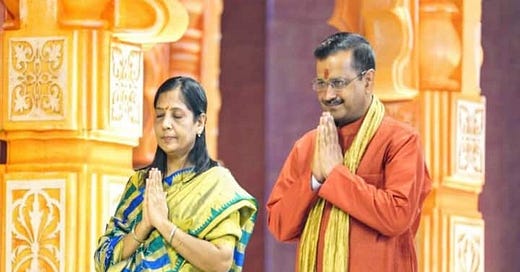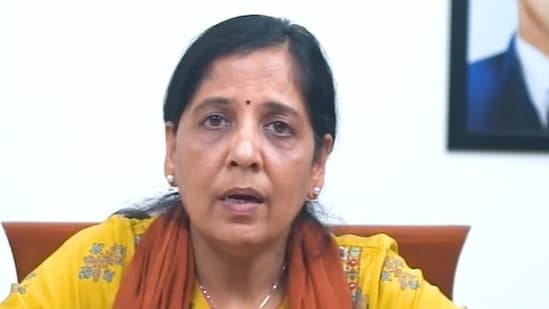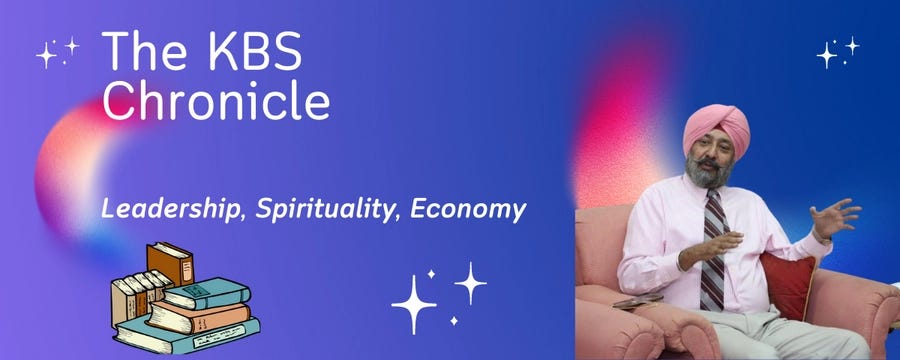Running the Delhi Government from Jail? A Political-cum-Legal Perspective
Will Mrs Sunita Kejriwal be the next Chief Minister of Delhi?
Running the Delhi Government from Jail
Introduction to Kejriwal's Legal Predicament
Arvind Kejriwal, the Chief Minister of Delhi, has been remanded to the Enforcement Directorate's (ED) custody till 28th March 2024. The Delhi High Court has declined to grant an expedited hearing of his writ petition that challenges both his arrest and the ensuing remand order. Unless the Delhi High Court or the Supreme Court of India, which is on vacation this week, intervene, it's unlikely that Kejriwal will regain his freedom anytime soon.
The Transition from ED to Judicial Custody
Should no judicial relief be granted, Kejriwal's ED custody is set to transition into "judicial custody," effectively detaining him in Tihar Jail, Delhi, until a Special PMLA Court or higher constitutional courts grant him regular or interim bail. The stringent bail conditions under the Prevention of Money Laundering Act (PMLA), 2002, as evidenced by the cases of his colleagues Manish Sisodia and Satyender Jain, make securing bail a formidable challenge.
The Impracticality of Governing from the Jail
The Aam Aadmi Party's leadership insists that Kejriwal will neither resign nor cease to administer Delhi's governance from behind bars. This stance, however, is both impractical and legally questionable. Current reports indicate that while in ED’s custody only Kejriwal's legal counsel and spouse are permitted bi-weekly visits, severely restricting his interaction with the external world, including his ministers and civil servants.
Restrictions on Communication and Governance
Even if Kejriwal's bail application remains pending and he continues in judicial custody, the conditions under which he could potentially manage government affairs from Tihar Jail are highly restrictive. Despite the cessation of interrogation rights by agencies like the CBI and ED without court approval while in "judicial" custody, the same limitations on external communications persist. State laws, along with stringent jail manuals, prevent any preferential treatment to any prisoner or detenu without explicit judicial consent.
The Constitutional and Practical Implications
Hence, the idea of administering the Delhi Government from jail, as Chief Minister, is not only infeasible but also perhaps unconstitutional. The optimal course of action would be for Kejriwal to facilitate a smooth leadership transition to an MLA within the AAP Legislative Party of the Delhi Vidhan Sabha.
The Optimal Path Forward: Leadership Transition
This would involve the election of a new leader— even a non-MLA such as Mrs. Sunita Kejriwal, a well-educated individual who recently took voluntary retirement from a senior rank in the IRS. Kejriwal’s resignation would prevent a constitutional deadlock and enable a smooth and graceful transfer of power, potentially averting the necessity for the Lieutenant Governor to recommend President's Rule under Article 356 of the Constitution, with the Delhi Vidhan Sabha in suspended animation.
Anticipating the Next Chief Minister and Resolving the Leadership Dilemma
The posture adopted by the AAP and its leadership, while seemingly rhetorical and aimed at gauging public sentiment, hints at an underlying strategy that is expected to unfold in the near future. The anticipation surrounding the resolution of Delhi's leadership dilemma leans towards Mrs. Sunita Kejriwal taking the helm as the next Chief Minister. This transition is not merely a matter of political maneuvering but a strategic move poised to bring stability and a distinct direction in administration, politics, and electoral strategies. The speculation is rooted in a belief that Mrs. Kejriwal's potential leadership could usher in a period of commendable governance, reflecting both administrative acumen and political wisdom.
Despite the apparent rhetoric, the consensus is strong on the matter being resolved promptly, with Mrs. Kejriwal expected to lead Delhi with distinction, navigating the complexities of administration and politics with grace and effectiveness. This anticipated change at the top echelons of Delhi's governance structure is seen as a crucial step towards addressing the current leadership vacuum, promising a new chapter in the Capital's political narrative.
As regards the potential impact on the outcome of the Lok Sabha elections, especially in respect of the seven Delhi seats, the jury is till out.






